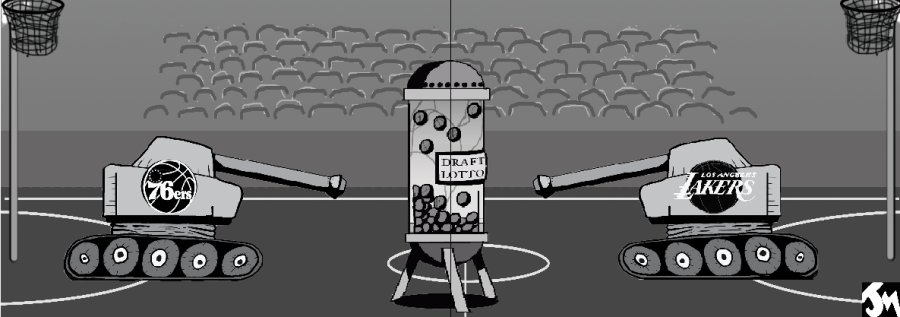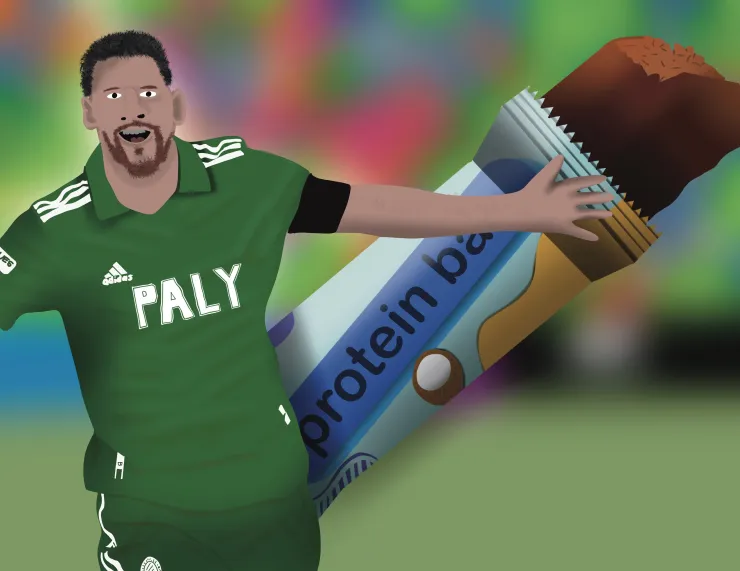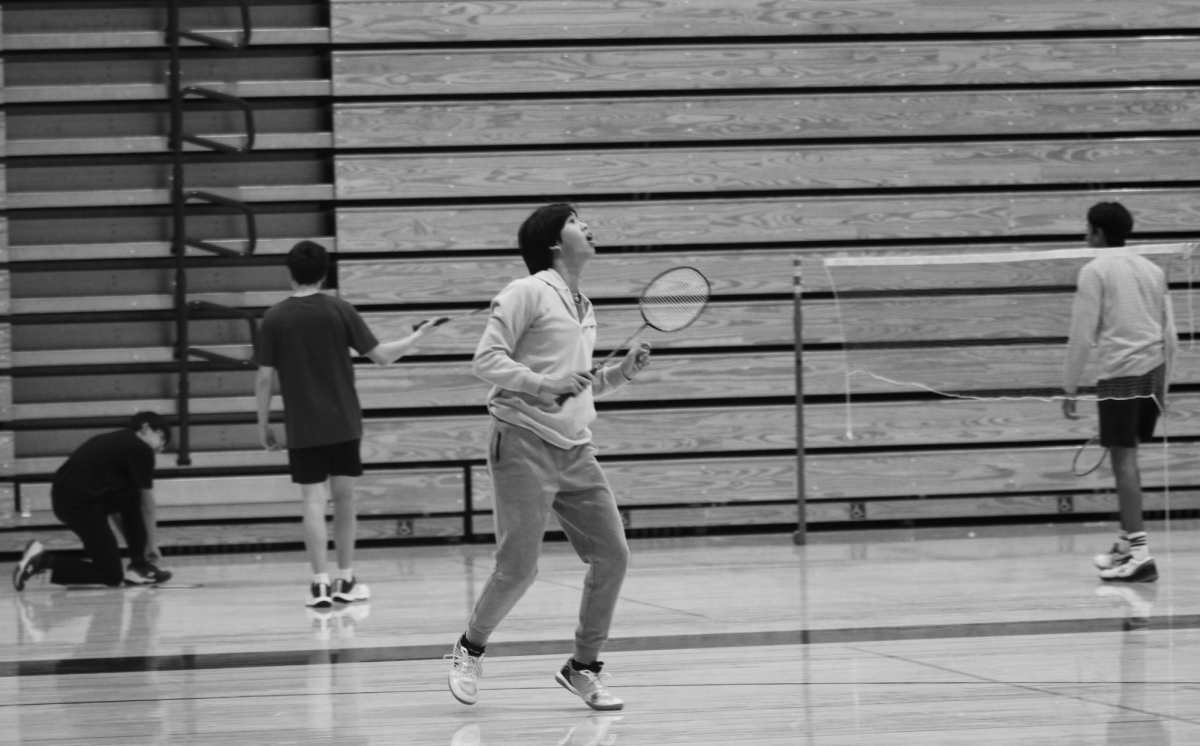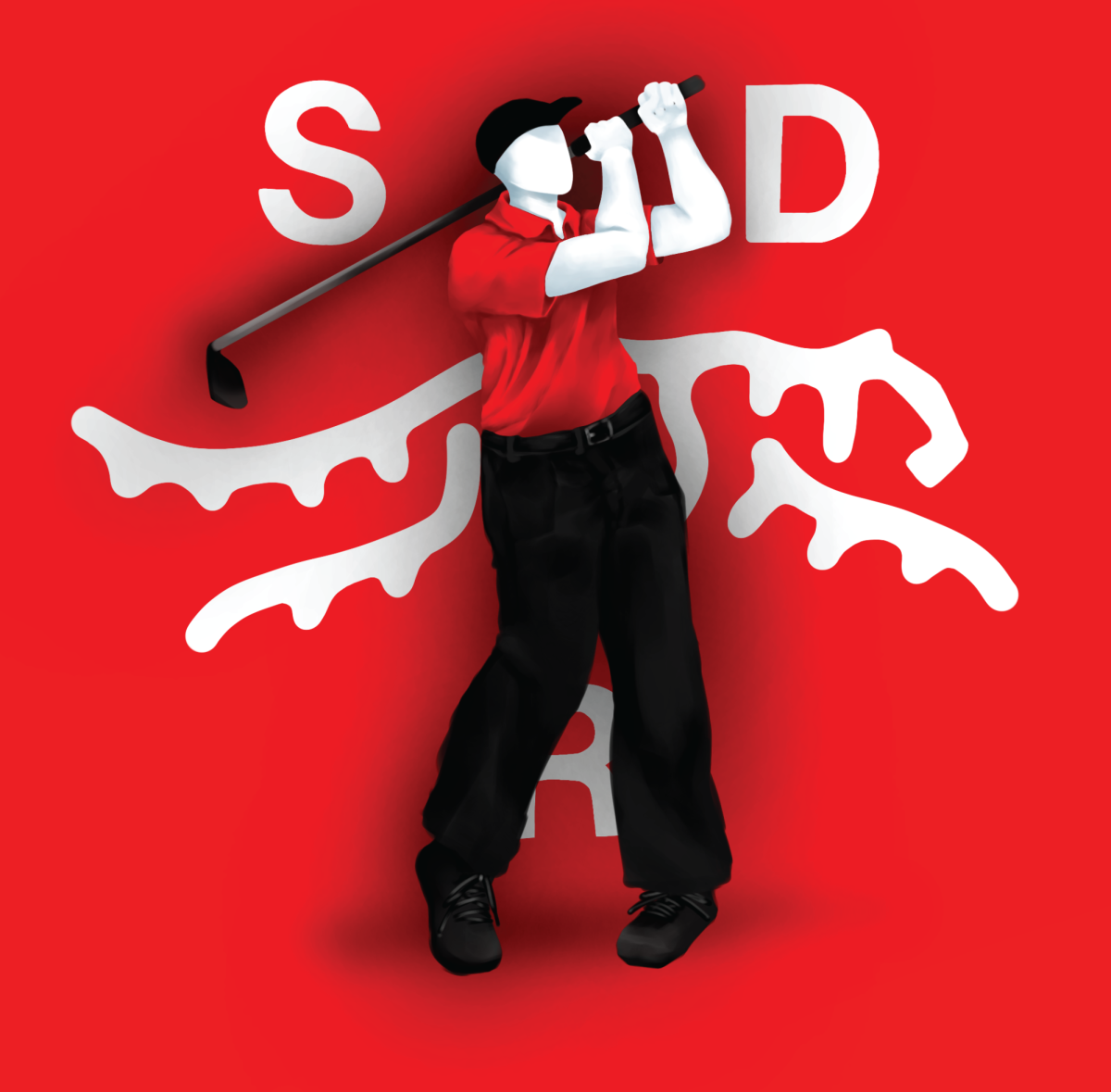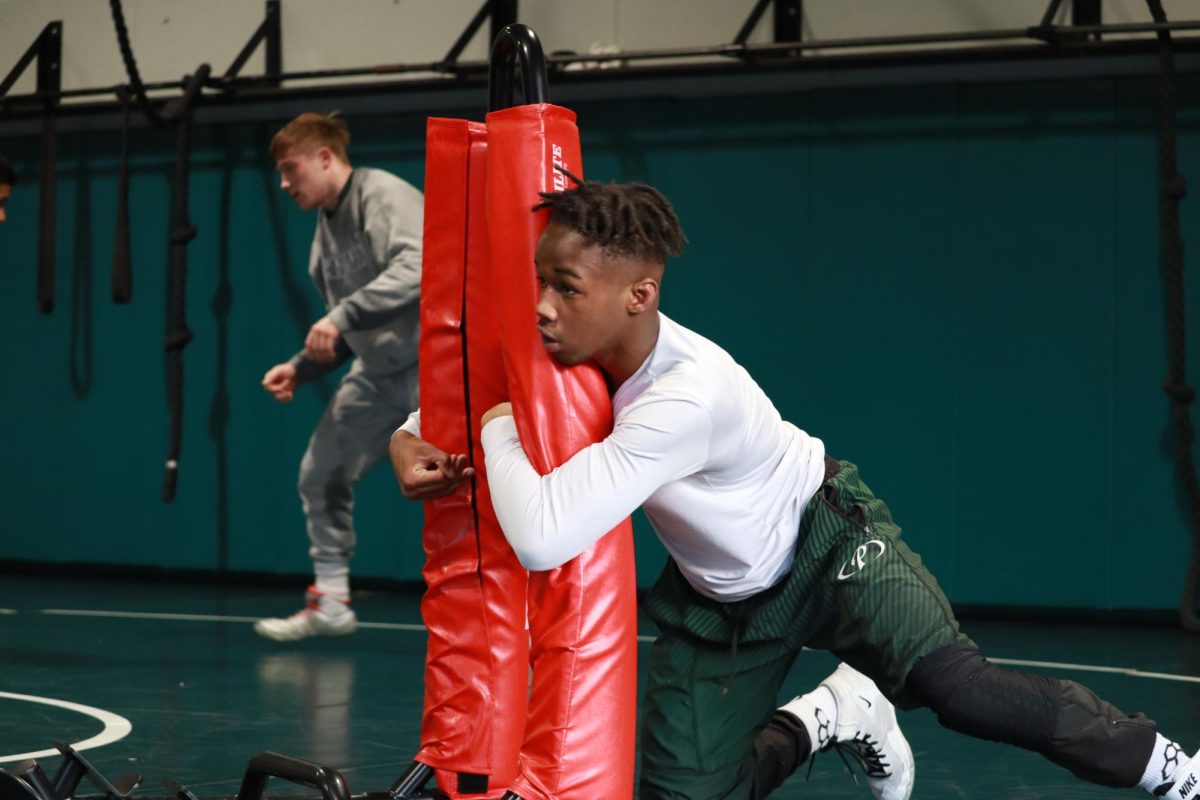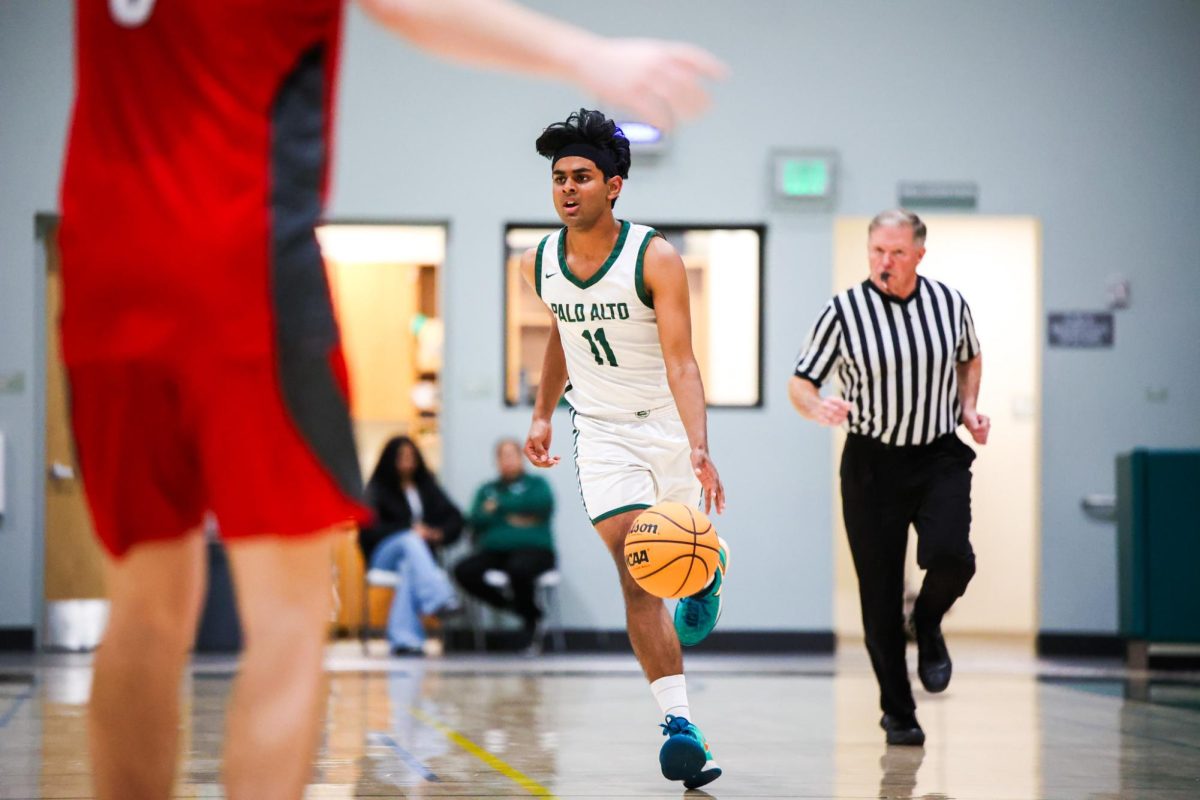Some might say that being the most successful team in a sport means having the most fans. Others might say that it requires making the most money. But the majority of the world values what sports were designed to do in the first place: win championships. Today, major sports leagues suffer from this modern lust to win it all, sacrificing the desires of fans and players alike in order to achieve said goal.
The draft, a process that distributes players from either college or overseas to professional leagues, staggers its pick order. This means that the worst performing teams get the best players. Although seeming like a fair process: the worse you are, the more advantages you should receive.
But the draft does not account for special athletes who are just light-years ahead of their peers. Prodigal talents are unaccounted for, increasing the value of a higher draft pick. Many of them immortalize themselves as potential hall-of-famers before their career even starts, directly impacting how good a team is the exact moment they are drafted. The desire for these players are so great that teams are willing to throw away hopes of being successful in a season just to have a better chance of receiving such players. The method of tanking, defined as losing intentionally or not competing, is implemented by many sports teams around the world due to the lack of feasible options for the future success of a franchise unless they can acquire new players.
In basketball, it is clear how one player can significantly affect a game. The sport only requires one player to score and play immaculate defense on the player they are guarding. If both are done better than other players in the league, the slight edge can be very evident in the final result of games. First overall picks have historically been successful — since 1953, 69 percent of players who have been selected at this point of the draft have been to the NBA All-Star Game at least once, even counting the numerous budding young stars that have yet to reach their prime.
Lebron James, one of the National Basketball Association’s best players, was touted as the best talent of his year due his athleticism and technical skill. Immediately, he made an impact on his team, the Cleveland Cavaliers, which went from winning 17 games to 50 games in only three seasons. However, had the Cavaliers not earned the first pick of the draft, they might have never emerged from obscurity, thus never being able to earn an ever-coveted championship victory. In cases like these, it proves to be the worst than to be close to the worst, as having the first overall pick grants access to the cream of the crop in a draft class, potentially ensuring success for the future of a franchise for multiple years.
In hockey, one player can dramatically impact a game as well, even with evenly distributed playing time among players. If one player is able to score a goal where most players cannot, he can change the entire pace of a game. One team, the Pittsburgh Penguins, has mastered the art of tanking. Their ability take high picks in drafts has resulted in some of the most successful players to ever grace the ice. In the 1983-84 season, the Penguins had amounted the worsetrecord in the history of their franchise with only 16 wins, but for a greater cause. Mario Lemieux stood as a clearcut first overall pick and one who could improve the series of terrible Penguins seasons prior to that year. Lemieux ended up being who many regard as second-greatest hockey player of all time, leading his team to two championships. He is the current chairman and owner of the franchise, showing how tanking can transform every facet of a team. Later, the Penguins tanked during their 2003-2004 and 2004-2005 seasons, receiving the number two and number one picks, for these years, respectively. They selected centers Evgeni Malkin and Sidney Crosby, who immediately boosted the franchise, as they had made the Stanley Cup Finals in 2006 and won the championship the season after that. Without tanking, the Penguins would not have access to these generational talents and may have never won a championship.
First overall picks clearly dominate proffessional play. First overall picks Connor Mcdavid, Patrick Kane, and Sidney Crosby lead the league in points, the sum of total goals and assists. The Hart Trophy, awarded to the most valuable player in the National Hockey League (NHL) each year, has been won by a top five draft pick all but one times since the 2004-2005 lockout.
In football, tanking is fairly rare, but when a game changing player declares to the draft, teams are willing to wilt away their seasonat a shot for that player. After star quarterback Peyton Manning suffered a season-ending injury early in the 2010-11 season, the Indianapolis Colts realized that their time with their old quarterback was over. As a result, they fell from a 10-6 record to an abysmal 2-14 record with the hopes of being able to pick a franchise quarterback to lead the future of the team. The Colts selected Andrew Luck, who led them back to grace by granting them three straight 11-5 records and playoff appearances. In contrast, the Los Angeles Rams (formerly the St. Louis Rams), a team that finished with a mediocre 7-8-1 record, have yet to best that record in the years since.
With all these successful stories, it is clear why many teams have resorted to tanking as a way to ensure a brighter future for their team. Stacked draft classes are able to manufacture star players faster than any other source. As each sport becomes more and more popular, each incoming draft class becomes better and better.
Former Philadelphia 76ers president Sam Hinkie has stood as a symbol for this movement, leading the 76ers to three lottery pick teams. In this stretch, the team was able to secure rookie of the year candidates Joel Embiid and Dario Saric along with a plethora of draft picks over the next few years. However, after three seasons at the bottom of the league, Hinkie was pressured to step down, unable to experience the fruits of his labor during his tenure with the team. Many executives struggle with the concept of losing or possibly losing their job, so they evade tanking for benefits in the short term even though it will be much more beneficial in the long term.
The Toronto Maple Leafs were able to massively revamp their team after losing a heartbreaking series in the 2012-13 season. The Maple Leafs prioritized starting from a clean slate, using their prestige as a famed organization to hire a respected developmental program In the process, the team traded away their star players and started the rebuild of their team. As a result, the team had losing seasons from three years , finishing last in 2016, earning the first overall pick.However, they have been able to foster many great, young players, such as rookie of the year candidates Mitch Marner and Auston Matthews.
On the other hand, teams that tank are able to develop younger players by giving them playing time. Athletes typically have a hard time adjusting to the climate and schedule of professional leagues, so giving them a chance to play against more experienced opponents is beneficial in the long run. Not only does it introduce better players for a team to both use and potentially trade, but young players also typically start out at relatively small contracts, minimizing a team’s costs.
Tanking doesn’t always work — it is largely dependent on a year’s draft class. If a team encounters no viable prospects in a draft, they will have wasted all their efforts as they have yet to get a good player out of their draft. If a team picks a player that doesn;t work out, then they will have wasted a season on top of losing potential and current fans.
Free agents will be also cautious about signing with a team with a history of tanking, as they would rather play for a team that wants to win than play for a team that values its success in the future. As players get older, they value a chance at winning a championship over more money, with a large population of players take veteran minimums to play for better teams.
However, there are ways to draft good players that are not lottery picks. Many franchises value a stellar development team and management compared to better players. Out of the draft, many players have yet to acclimate themselves to proffessional play. A good development team will help unlock
Furthermore, tanking is not necessarily good for the health of each sports leagues. Teams reward their dedicated fans with forcibly losing in order to be able to have a better future. It turns each game into a lopsided affair, to the dismay of fans on both ends. People dedicate themselves to becoming great fans, but are given no gratitude from the team that they hold dear to their heart. Fans pay a large sum to be able to watch the best basketball players in the world, and the league should be held to this expectation.
One big problem with tanking is that there is no viable option for leagues to combat it. They are unable to find a viable option to prevent losing along with preserving the parity of the league. If leagues do not support teams that are at the bottom of the standings, high caliber teams will be able to monopolize championship wins, a system seen in soccer leagues and early stages of the NBA. However, if there are too lax restrictions on tanking, then teams will treat games much less as competitive matchs, but rather means to get better players.
One remedy that both the NHL and the NBA have employed is restructuring the draft such that the that there is much more randomness in the draft. Because of this, teams that are worse are not guaranteed the top overall pick. Like a literal lottery, worse teams have to bet their luck that they will be able to draft a player that will have be able to positively impact a team. However, this cannot completely solve the problem with draft picks, as any lottery draft pick can prove to be a franchise player.
Lastly, we are met with one question: is tanking justified? It trades current prowess for future endeavours, but disregards the competitive nature of sports. Countless success stories tell us that for a shot at a championship in the future, one must sacrifice their strength and record onf one season and focus on the future. Ultimately, it is up to fans to decide — they are the ones that give the support that each sports league needs to function.

